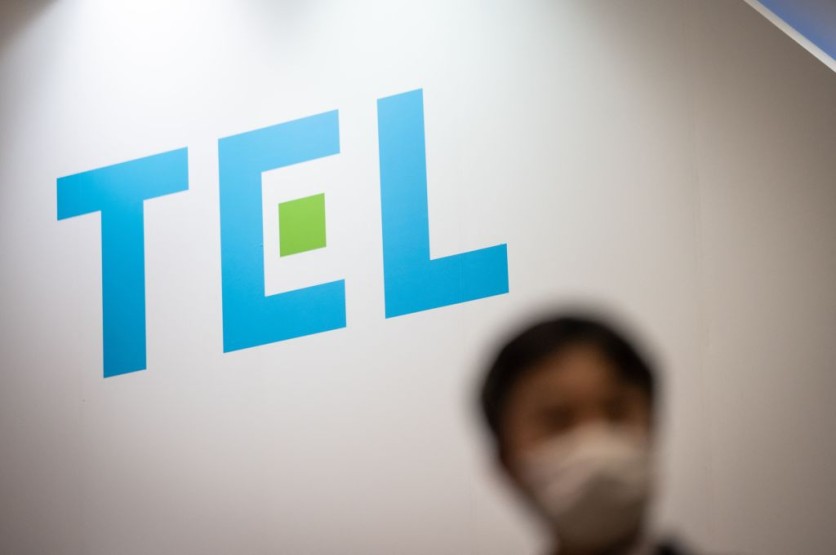Tokyo Electron Ltd., a critical participant in the semiconductor supply chain, has increased its revenue and earnings projections for the entire year in response to increased demand for its chipmaking equipment, specifically from China.
The company reported quarterly revenue of ¥428 billion ($2.8 billion), with China sales exceeding analyst estimates and accounting for around half of the total.

Record Sales in China Hit in 3Q
Tokyo Electron raised its full-year sales forecast to ¥1.73 trillion from ¥1.7 trillion owing to excellent performance in China, where sales reached a record 43% in the September quarter. Tokyo Electron controls over 90% of the photoresist coating and development instrument industry, indicating chipmakers' expansion aspirations.
According to the tech firm, China has made sizable investments in mature-node chips, particularly in power semiconductors and automotive chips. "Chinese investment in mature-node chips, such as power semiconductors and automotive chips, is strong. Chinese market sentiment is very robust, and we expect that will continue for a while," said Hiroshi Kawamoto, general manager of Tokyo Electron's finance division, as quoted by Bloomberg.
Tokyo Electron has reported an operating income of ¥401 billion for the year ending in March, up from analyst projections despite a roughly 60% fall in quarterly operating profit. While the business remains cautiously hopeful about the semiconductor market's recovery, it has changed its projection by three to six months to anticipate a jump in AI-training chip sales beginning next year.
Japan To Spend $13 Billion in AI, Semiconductor Tech
Japan aims to advance its technology sector by putting approximately 2 trillion yen (about $13 billion) into cutting-edge AI and making semiconductors. According to Investing, the decision is part of a bigger plan to boost its economy, including support for companies such as Taiwan Semiconductor Manufacturing Company (TSMC), which will build another semiconductor factory in Kumamoto. With this move, Japan is tackling supply issues and global political hurdles, showing they're serious about leading again in making semiconductors.
The country's Ministry of Economy, Trade, and Industry wants an extra 1.85 trillion yen ($12.2 billion) on top of what they already have for chip-related subsidies, per Yahoo! Finance. Japanese economic officials see this as key to an economic boost by attracting investments into building advanced semiconductors needed for future technologies like smart AI and self-driving cars. This financial support aims to strengthen Japan's position in producing high-end chips, supporting major firms such as TSMC and local newcomer Rapidus Corp.
The establishment of a Japanese chip manufacturer that can compete with industry titans like TSMC and Samsung Electronics Co. is a difficult project that Rapidus is embarking on. Tetsuro Higashi, the company's chairman and a seasoned industry veteran, has said that the goal of the government-backed project is to build a state-of-the-art foundry by 2027 in order to bolster Japan's economy by supplying reliable labor.
Related Article : Elon Musk, Piyush Goyal Meeting to Shape Tesla's Future in India

![Apple Watch Series 10 [GPS 42mm]](https://d.techtimes.com/en/full/453899/apple-watch-series-10-gps-42mm.jpg?w=184&h=103&f=9fb3c2ea2db928c663d1d2eadbcb3e52)



